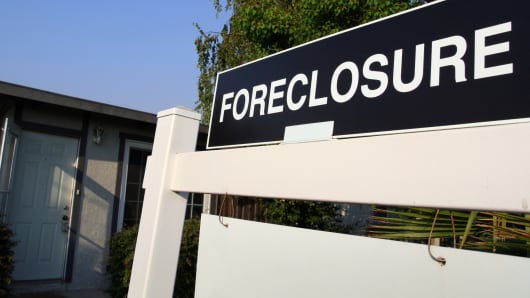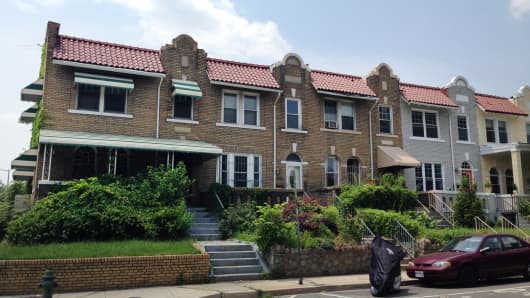Thank you for visiting!
I have a story that is a bit unusual from most other Realtors!
I began my career in the home warranty industry. Realtors were actually my clients! I sold warranties to them and to home buyers, and that allowed me to learn about home systems and compliances. After doing that for a couple of years, I was asked to join a mortgage company. I once again found myself selling mortgages and our services to both realtors and to home buyers. This job was invaluable to my current career! I was able to work through the entire back end of the home buying process. I saw every step from mortgage application through to the closing. I gained understanding of qualification issues, lending statutes, and bank regulations as well. I also became familiar with many of the most popular loans used today.
I became even more intrigued by the "other side" of real estate. I obtained my real estate license, and 3 years later, became a broker and opened my own office! Today, I have multiple real estate agents working in my firm, Vineyard Real Estate Group. Our agents are the best of the best! We have agents who specialize in everything from residential to commercial to property management... even short sales and HUD homes!
If you have real estate questions, I'm certain we have your answers!
We are anxious to hear from you!
The interest rate sharp jump to the highest level this year caused a sudden surge in mortgage applications. While that may seem counter-intuitive, there's a reason: fear that rates will move even higher.
Total mortgage application volume jumped 8.4 percent on a seasonally adjusted basis last week from the previous week, according to the Mortgage Bankers Association. The previous week included an adjustment for the Memorial Day holiday.
"Mortgage application volume rebounded strongly … indicating that the holiday had a larger impact on business activity than originally assumed," said Mike Fratantoni, the association's chief economist.
Refinance volume increased 7 percent on the week, and applications to purchase a home jumped 10 percent, both seasonally adjusted. Purchase volume is now 15 percent higher than the same week one year ago, but refinance volume is off nearly 5 percent. The weekly move higher in refinances was likely due to the holiday skewing the trend. Refinances are still lower than they were two weeks ago. This all comes as rates continue to climb.
The average contract interest rate for 30-year fixed-rate mortgages with conforming loan balances ($417,000 or less) increased to 4.17 percent, its highest level since November, from 4.02 percent, with points increasing to 0.38 from 0.33 (including the origination fee) for 80 percent loan-to-value ratio loans, according to the association.
While higher rates make home buying more expensive, sharp moves higher often have the immediate effect of getting potential buyers off the fence, before chilling the overall market in the longer term. That is especially true now, in light of rising bond yields and the Federal Reserve's expected interest-rate hike.
"These increases really help the home-buying market. It really gets buyers to really understand that 'wait a minute, rates are at an all-time low, let's react now, let's react before they go higher,'" said Matt Weaver of Florida-based PMAC Lending.
Weaver said last week that he had a rush of clients calling in to lock-in rates. That was probably smart, as rates continued their move higher in yet another bond market sell-off. Both the spike in foreign bond yields as well as strong U.S. economic data point to an upward trajectory for interest rates, at least in the short term.
While the surge in purchase applications would seem to be welcome news, especially as the usually busy spring market draws to a close, some analysts warn the picture is not as rosy as it looks.
"We think the excitement is misplaced," analysts at Goldman Sachs said in a note to investors Tuesday. "This index [mortgage bankers' purchase application index] has been largely range-bound since 2010. Even after the recent increases, it is still at levels comparable to 1996 when the size of the population and housing stock were 15 percent smaller."
| Mortgages |
| ||||||||||||||||||||||||||||


